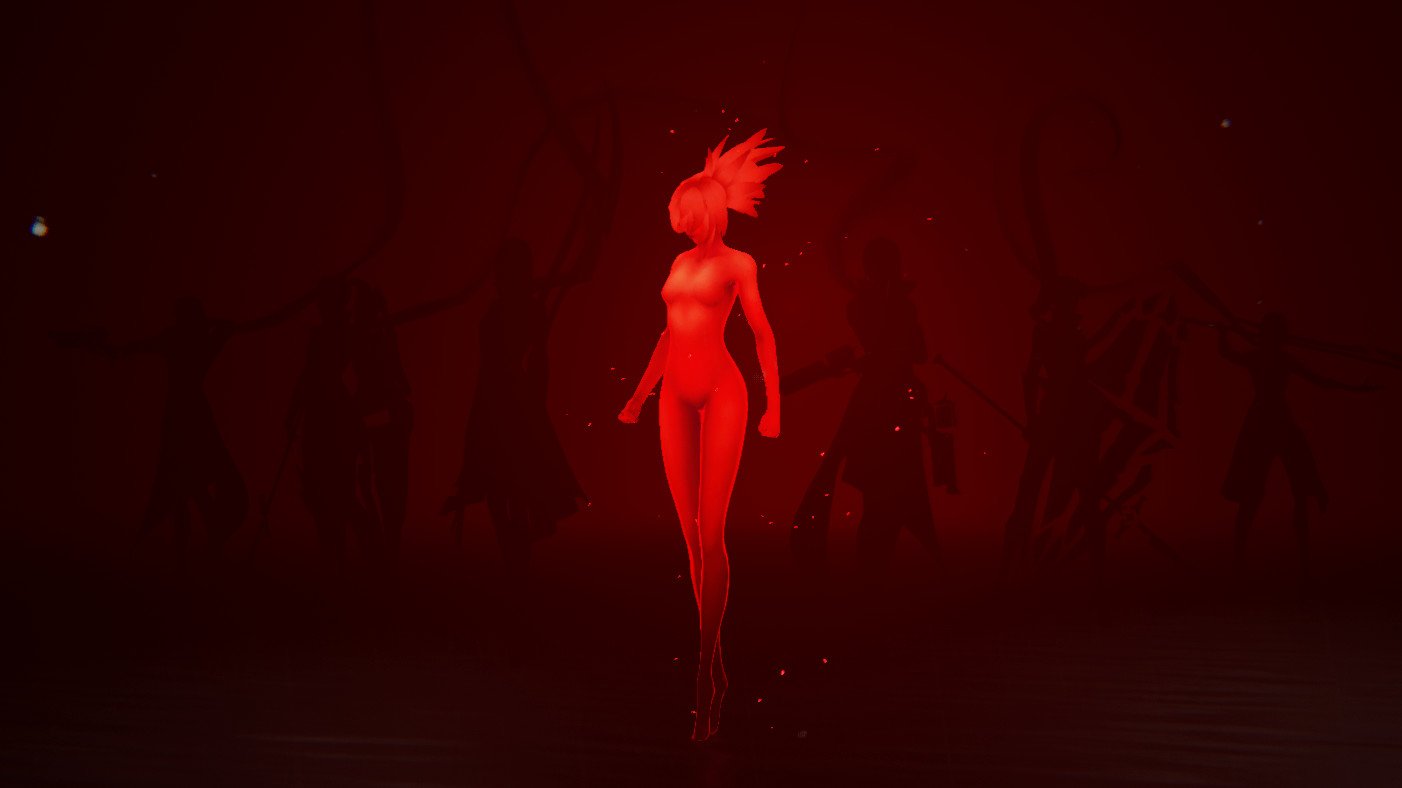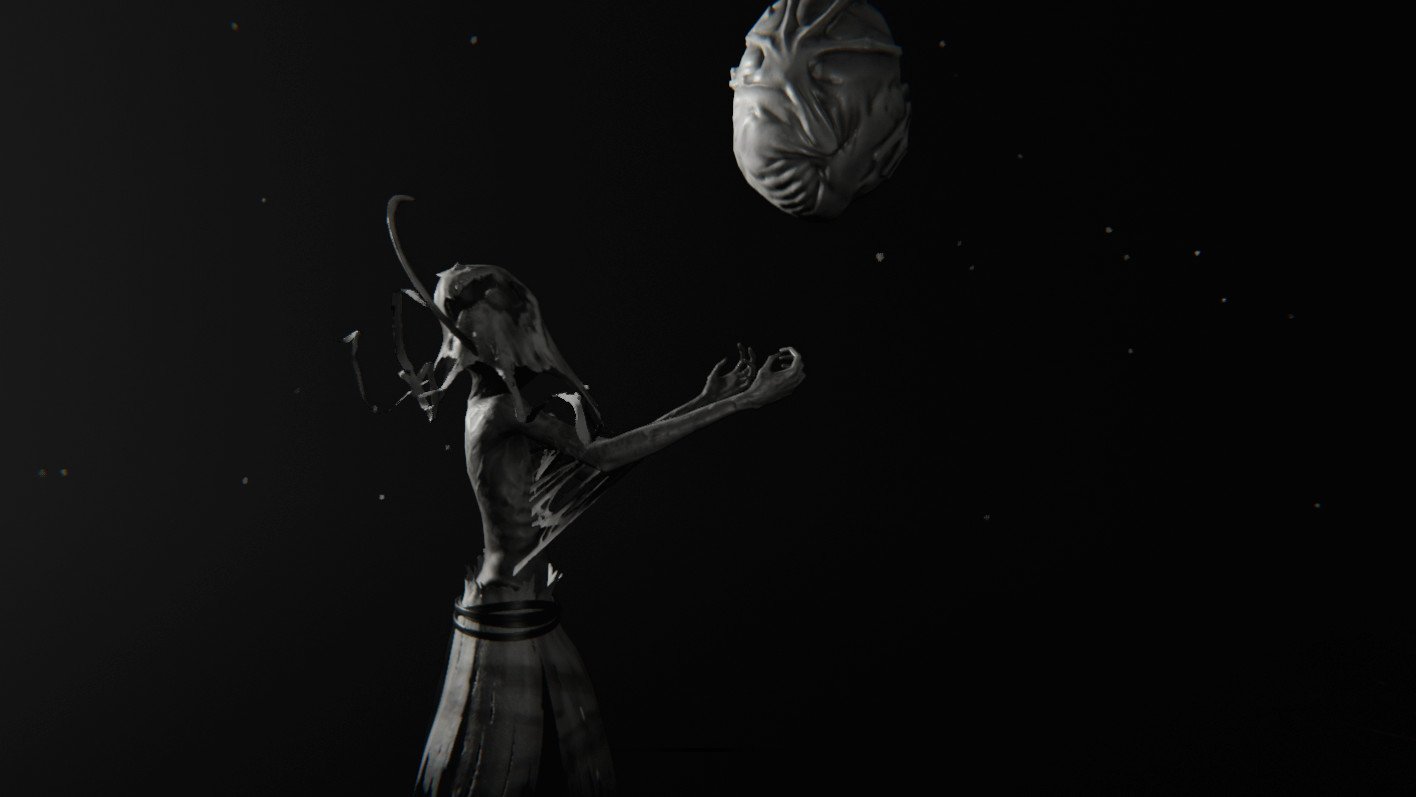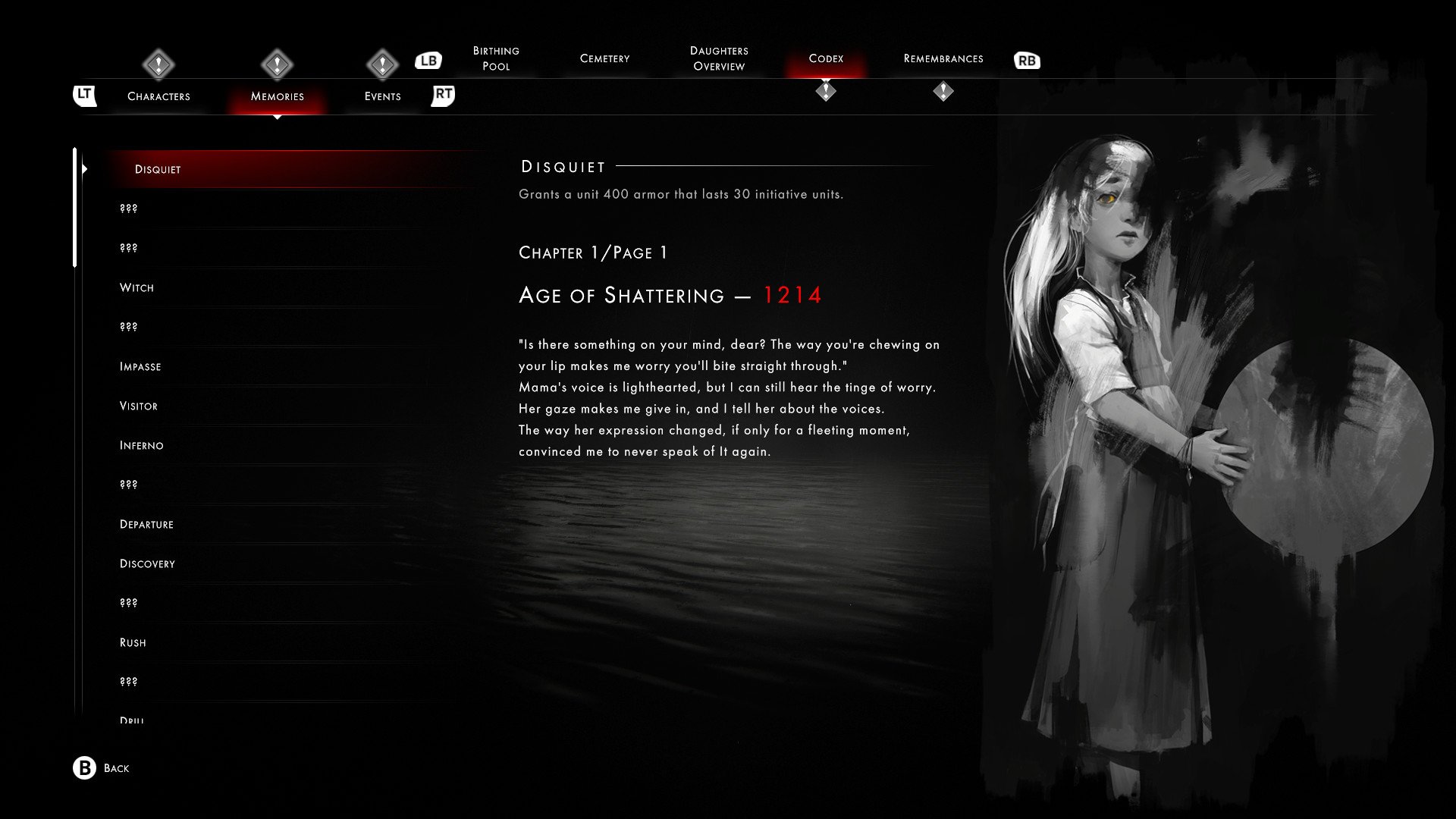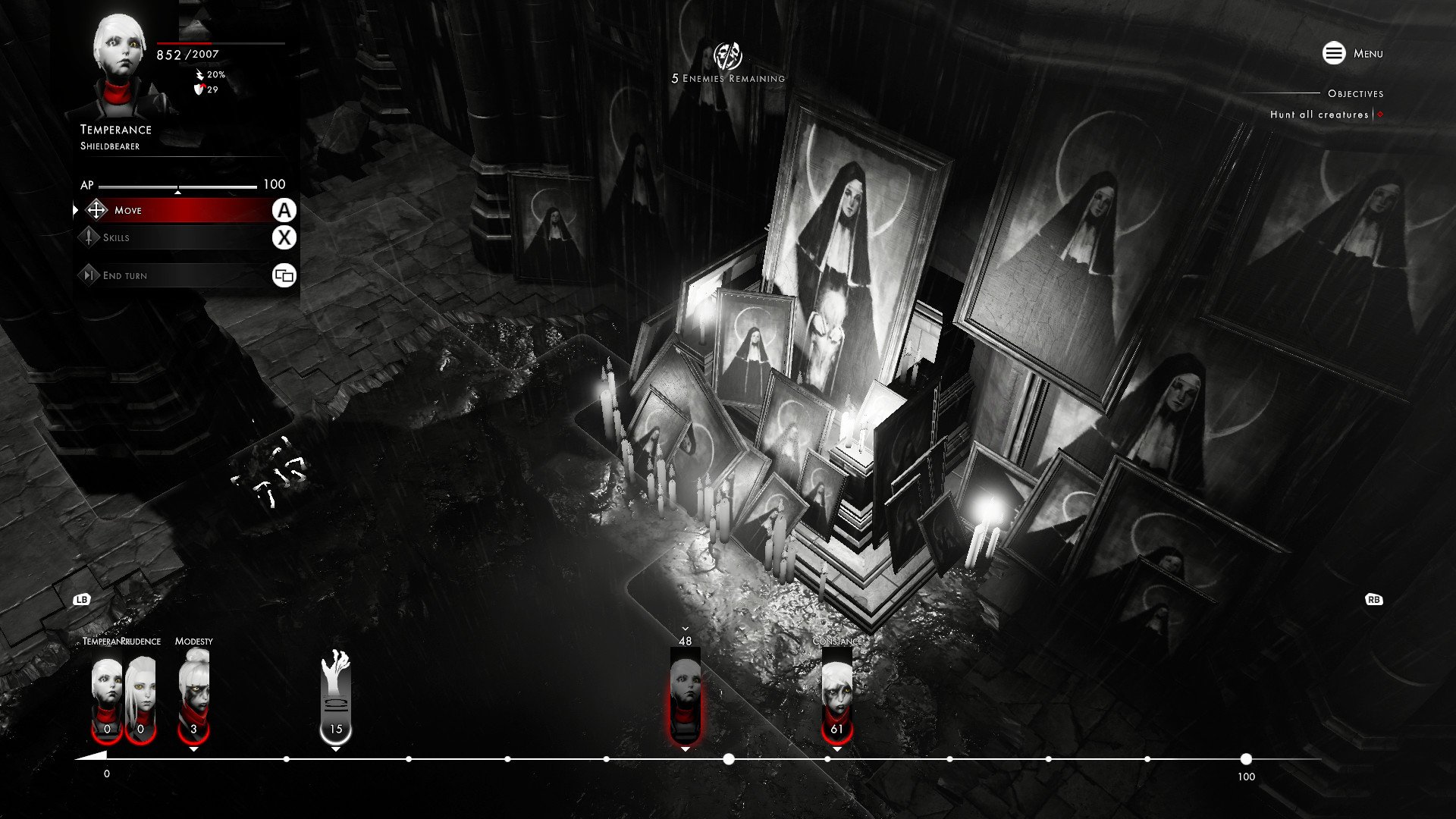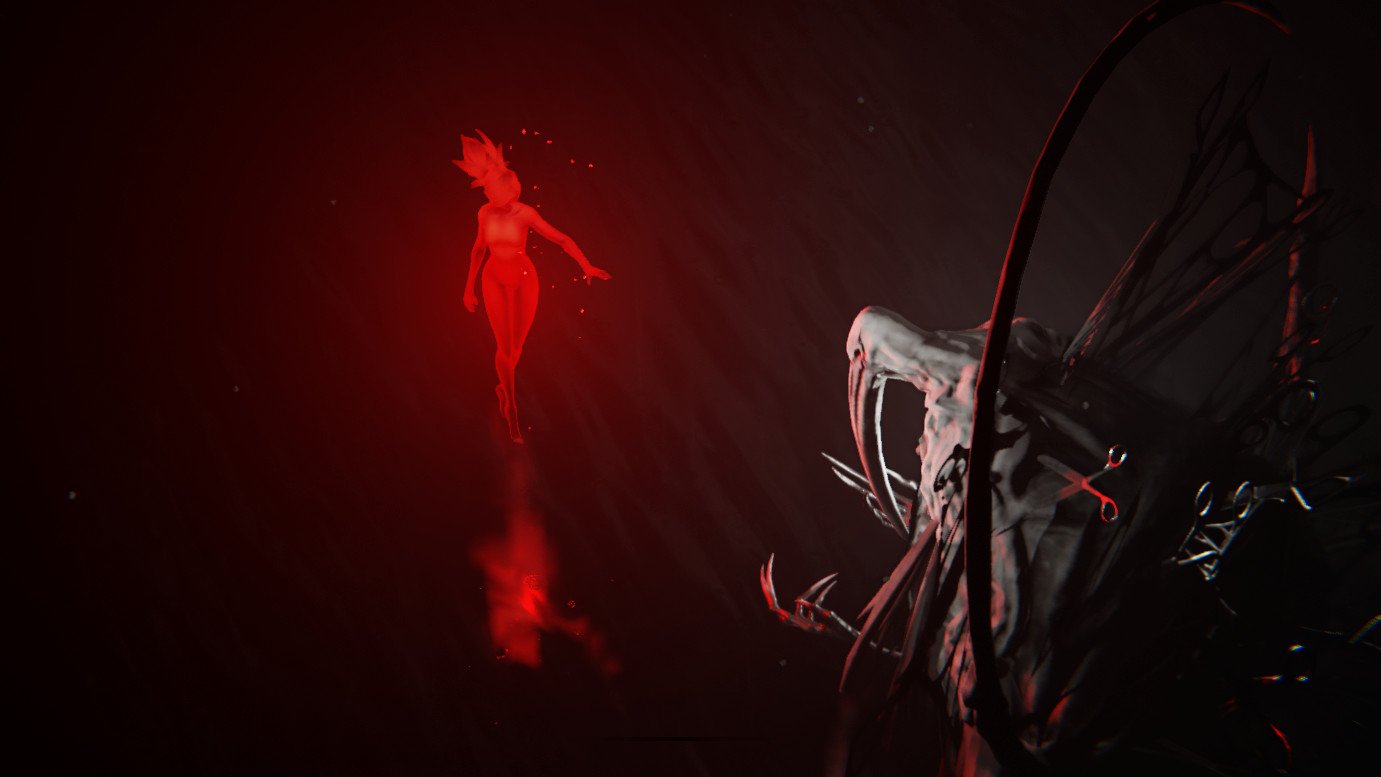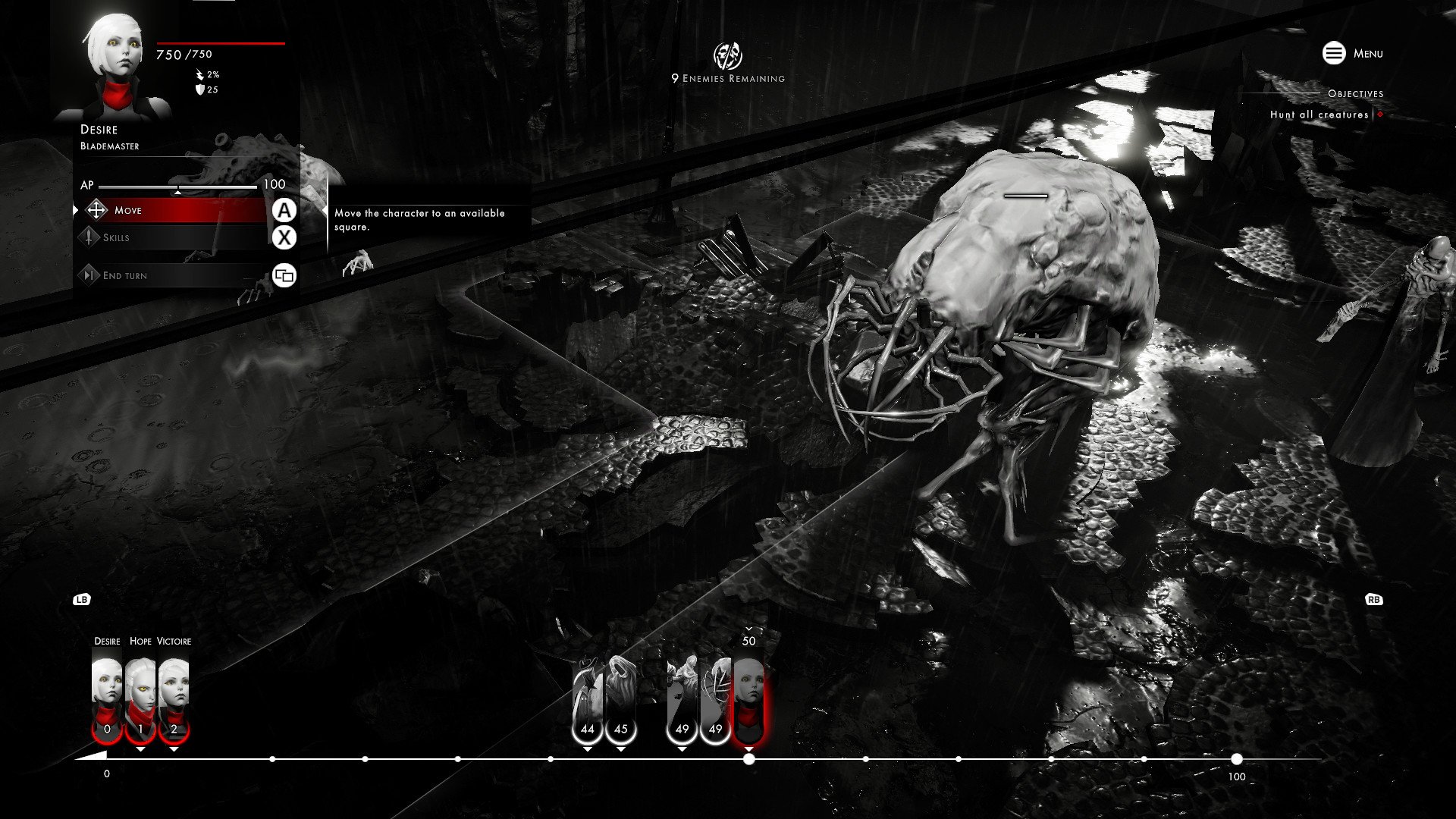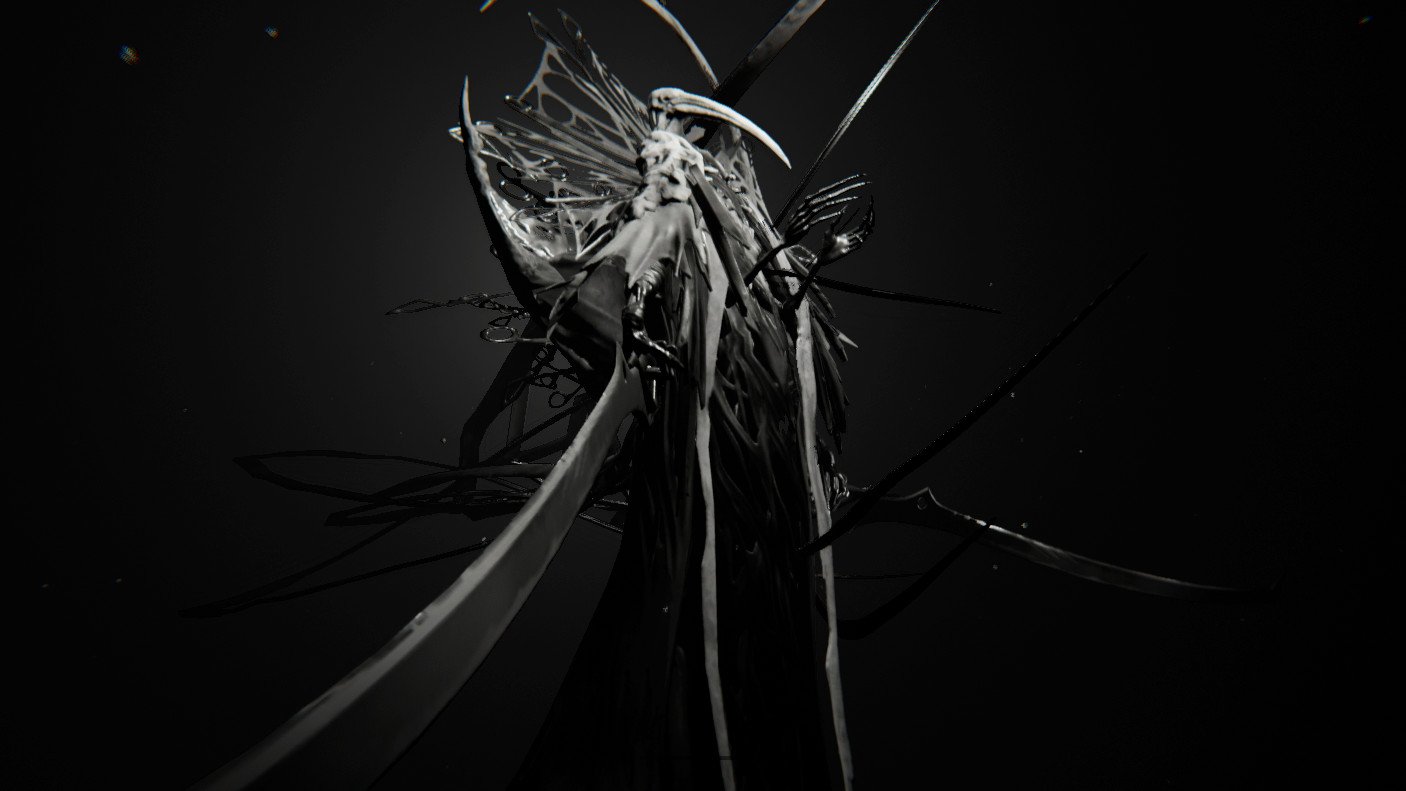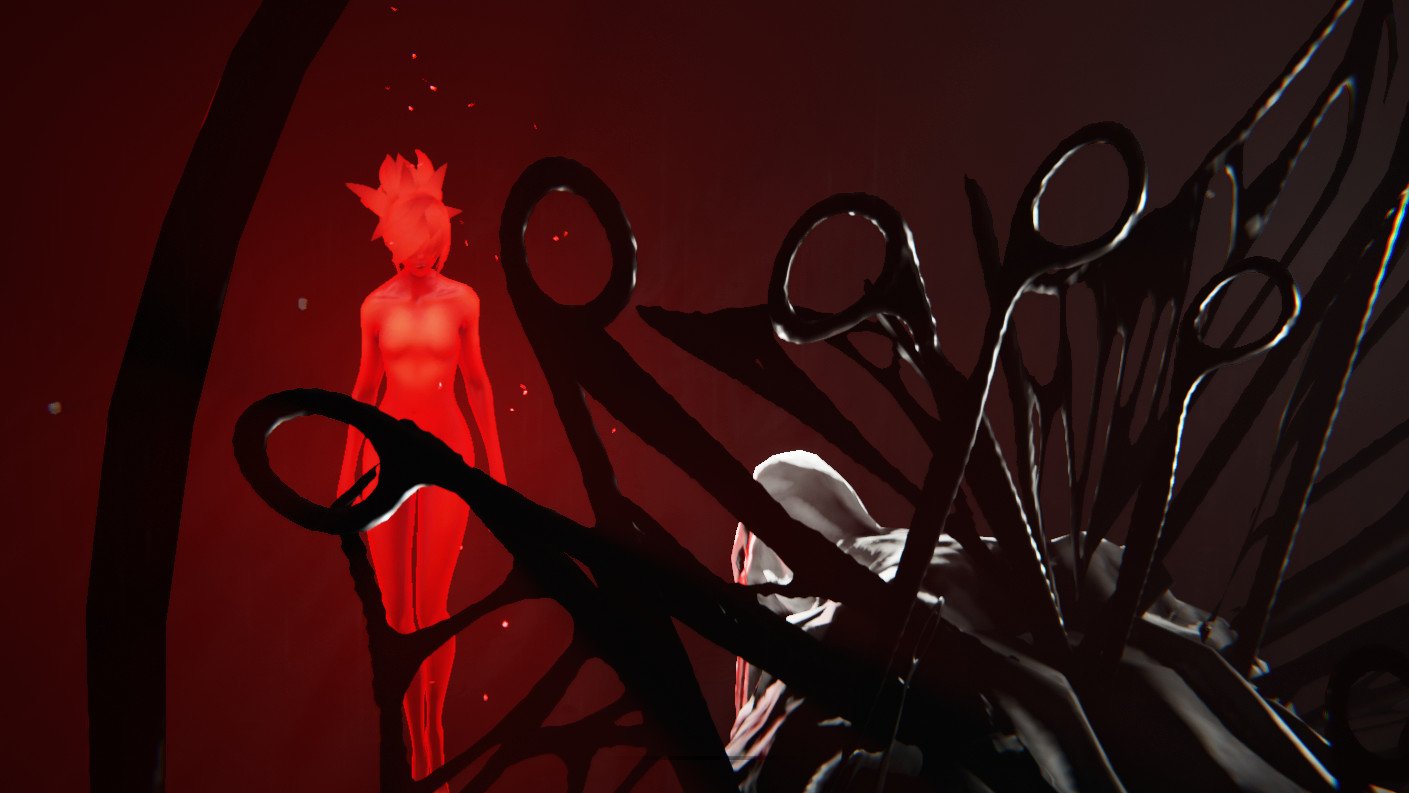Focus Home Interactive has built up a reputation for signing unique titles that take creative risks, or put a unique spin on existing paradigms. Even on the face of it, Othercide seems to continue the tradition, with a severe monochrome aesthetic that permeates the entire game.
It was the game's art style alone that drew me in, but I stuck around for its brutally rewarding gameplay, intriguing story delivery, and epic boss battles. This is Othercide, a game tactics fans mustn't miss.
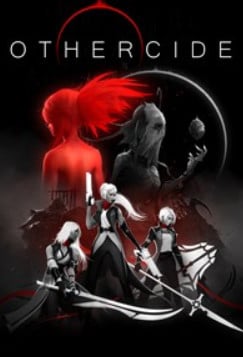
$40Bottom line: Othercide could use some quality-of-life improvements, but this is one of the most stylish games I've played in years, complete with oppressive gameplay that is as thrilling as it is rewarding.
Pros
- Truly challenging tactical gameplay
- Incredible and striking art style
- Intriguing story beats
- Great music and sound
Cons
- UI can be sluggish and cumbersome
- Mission structure can get a bit repetitive
What I adore about Othercide
Othercide is a tactics game at its core, borrowing from the likes of XCOM and Darkest Dungeon with its combat and gameplay structure. XCOM in the sense combat takes place in turns, with characters and enemies taking up spots on a grid. Darkest Dungeon in the sense that your should expect failure, character deaths, and difficult choices, with no option to save-scum your way out of a bad decision.
| Category | Othercide |
|---|---|
| Title | Othercide |
| Developer | Lightbulb Crew |
| Publisher | Focus Home Interactive |
| Genre | Turn-based tactics |
| Platforms | Xbox, PlayStation, PC, Nintendo Switch |
| Game Size | 5.7GB |
| Players | Single |
| Xbox Game Pass | No |
| Launch Price | $40 |
It's this lack of saving that really adds to Othercide's challenge and tactical layer, especially when you factor in that healing your units requires the blood sacrifice of another. You will recycle dozens upon dozens of procedurally-generated "daughters" as you weave through the game's gothic narrative, with an ever-evolving, ever-revolving army of badass heroines who move with the same kind of deadly grace as 2B from Nier Automata, or Dante from Devil May Cry.
When I first began playing the game, I was concerned it might've been intentionally vague as a way to hide a lack of any real narrative, but thankfully this isn't the case. As you progress through the story, the game's imagery, boss commentary, and codex entries begin to paint an increasingly harrowing tale, that I suspect with further analysis may present some form of allegory.
Source: Windows Central
The game is filled with common themes revolving around a few central characters and in-game events: a disease, cultists and plague doctors, religious tyranny, and beyond, with each act serving a different central theme or event. The narrative also seems to span hundreds of years, with different eras depicted, although the events and how they interconnect play out with a nightmarish disjointedness. The story will have you scratching your head for a good portion of the game, but the mystery, great character acting, and haunting creatures will more than hold your attention as you peel away at its layers.
All the latest news, reviews, and guides for Windows and Xbox diehards.
The presentation of the game, its combat, and its enemies all lend further weight to the game's central mysteries and keep you engaged as you wrangle the game's difficult combat mechanics. Indeed, you cannot revert to an earlier save or try again. If all of your units are wiped out, you have to start a new "Recollection," although subsequent runs come with roguelike-style bonuses and powerups that make skipping past previously-defeated bosses much easier.
Units are split into three classes (with a fourth one later on) that can take up typical RPG-style roles. Without spoiling the fourth, you have a ranged Soulslinger, with dual-wield revolvers. A Shieldbearer tank that can hold a monster's attention, and a Blademaster, who can deal truly monstrous amounts of melee damage up close. Most combat scenarios are simple to begin with, but as you progress, monsters, and their tactics get increasingly complex, forcing you to alter your playstyle on the fly. Time management is also crucial to success in the game, since every piece on the board takes their turns in a specific order, forcing you to plan ahead, and estimate around the enemy's own AI and tactics.
Othercide has a unique approach to action points, that let you sacrifice your units to gain additional bonuses, in-keeping with the sacrificial themes of the narrative. If you use too many action points, you'll enter a "burst phase," and sacrifice speed on the timeline in order to gain extra actions for that turn.
Furthermore, you can sacrifice your unit's hit points to gain even more attacks. Managing these risky moves is crucial to navigating some of the game's more difficult challenges. Each mission gives you currency and power-ups to further customize your units
Pulling off a successful strategy, often involving cascading combo attacks between your units feels great in practice. This sense of reward is amplified several times over if you're overcoming a difficult boss for the first time, many of which simply felt insurmountably difficult on my first attempts.
Othercide is a truly intriguing game, with mysteries that beg to be unlocked, and combat that rewards creativity and planning. There are a few issues I'd love to see Othercide address either in a future patch, or a future sequel, though.
What you might dislike about Othercide
Perhaps my biggest issue with Othercide, at least on Xbox One, was the sluggishness of the UI. Selecting a unit, then placing a movement reticle on the combat grid can be a slog, taking a strange amount of time to register your actions before movement actually takes place. Coming in from games like Mutant Year Zero and Gears Tactics, Othercide feels like it needed more attention in this area, although it may fare better on PC. The menu in general could use improvements as well, both in terms of speed and clarity. Optional missions are described by difficulty, but the terms include "hard" and "challenging," which in my mind basically mean the same thing. Which is actually more difficult?
The game is also missing a few "quality of life" features that are becoming more prevalent in the wider genre. The only way to speed up enemy turns is to speed up the entire game, including the UI and camera movement and speed. The implementation feels a tad rushed. It would've been nice to have more control over the game speed, especially when you're in a rescue mission with 8 or more mobs on-screen, slowly taking their turns one by one. It also gets a tad annoying when the narrator repeats the same phrases over and over in some of the longer battles.
Speaking of mobs, Othercide has some truly stunning art in this regard, with enemy designs that look like they were plucked straight out of horror titans like The Evil Within or Silent Hill. New monsters start showing up later on as you progress too, in true tactics-fashion, but the repetitive animations and flat map layouts to suck a bit of the dynamism out of the game a bit. The first time you see a Soulsinger do her badass gun-kata revolver combo, it looks badass. The five hundredth time, though? Not so much. I feel like the game could've used either some ragdoll physics, slow-mo, or other camera flairs to add a bit of variety to the combat proceedings. Every now and then you do get a brief anime-style character flourish on a critical hit, but it's nothing to write home about.
None of these things break Othercide, though, which remains a uniquely gorgeous and challenging title, nailing all of its key gameplay elements and atmospherics with confidence and style.
Should you buy Othercide?
If you're not into turn-based tactics, Othercide isn't the game that will change your opinion of the genre. It's very much designed to appeal to strategic players who enjoy planning ahead, managing resources, and studying enemy attacks and AI.
Othercide has a few rough edges, with menus and gamepad controls that could use some optimization here and there, but these aren't game-breaking pitfalls that will stop you from enjoying the game.
The narrative is a brutal and twisted tale that is complimented with stunning horror art that I cannot praise developer Lightbulb Crew for enough. If they wanted to make one of the most atmospheric tactics games ever, they certainly nailed it. The game is suitably challenging as well, with complex boss battles that will provoke the fury of even the most steely tacticians, but it only makes the victories ever sweeter.
Othercide is a brilliant first effort, and I hope to see more from this haunted universe in the future.

Jez Corden is the Executive Editor at Windows Central, focusing primarily on all things Xbox and gaming. Jez is known for breaking exclusive news and analysis as relates to the Microsoft ecosystem — while being powered by tea. Follow on X.com/JezCorden and tune in to the XB2 Podcast, all about, you guessed it, Xbox!
